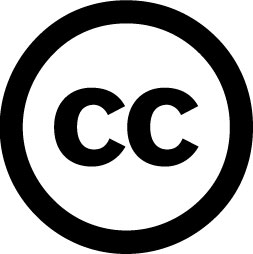The Creative Commons “Non-Commercial” report

Creative Commons published a report yesterday about how people interpret the term ‘non-commercial’ in some of their licenses. Interesting stuff, because the term ‘non-commercial’ is a pretty ambiguous one, that can lead to fierce debates within the free culture and open source movements.
I regularly get the question asked why Wikipedia doesn’t use a non-commercial license, and hence, doesn’t accept any non-commercial content onto its website, like all those wonderful NC-licensed photographs from Flickr. Also, the blog you’re reading right now is NC-licensed, and some of my photographs on Flickr as well.
It’s a difficult question, but it might have something to do with the nature of the work.
The main problem with NC-licenses is the ambiguity of the term ‘non-commercial’ when reusing content. The CC-research has shown that the interpretation of ‘NC’ is pretty much the same with both users and creators, even around the globe. However, that doesn’t really resolve the issue of ambiguity, as re-stating the definition in the license itself, or creating more licenses has been shown in this report to be a bad idea.
That isn’t as big a problem for individual creators though. Reuse of media will probably stay within the ‘personal use’ or ‘redistribute’ limits, and the NC license mostly touches upon all cases where people might make money from the content in a commercial way. Modifications to the original media are not very common.
This isn’t the case however with a project like Wikipedia, where mass collaboration is the basis of the medium and it is really inherent to creating content. Any ambiguity on how ‘non-commercial’ should be interpreted is likely to much more of a problem than with works created by an individual.
That’s why it’s so important, for projects like Wikipedia, to use a license such as BY-SA that it usable by anyone, at anytime, for any purpose without that ambiguity.